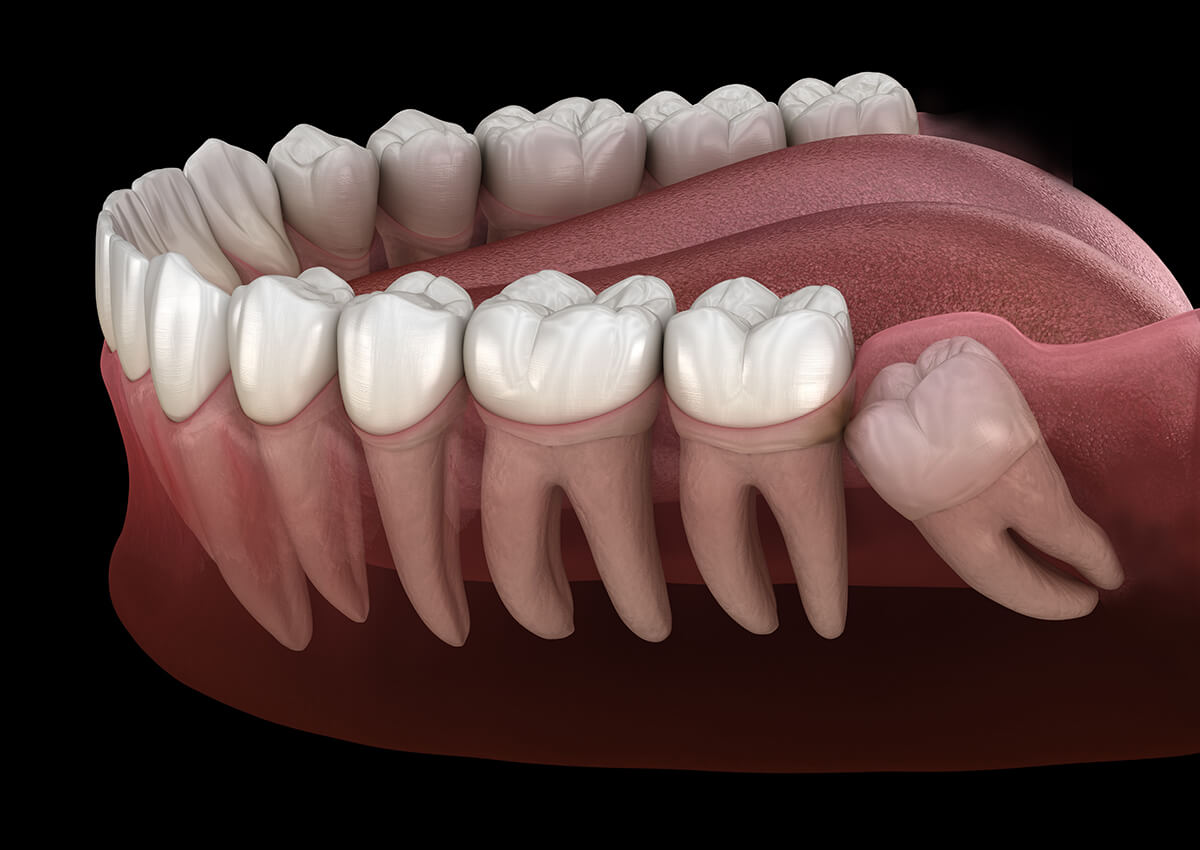Top 7 Signs That Point To Wisdom Tooth Problems: By Dentists
- Written by NewsServices.com

Wisdom teeth are the main problem behind several tooth or gum problems. You might have heard of or are aware of wisdom teeth and wisdom tooth removal. You might have heard from your friend how she had suffered from this problem.
As long as you are being taken care of by the professionals of wisdom tooth Medisave, you should not worry about it at all. For your knowledge, we are offering a guide on wisdom teeth and their symptoms.
What Is Wisdom Tooth?
Wisdom teeth are the last teeth to come through and usually grow at the back of your gum. In most cases, people have a total of 4 wisdom teeth, one at each corner of the gum. During your late teens or early twenties, wisdom teeth grow through the gums. That is why those teeth are named wisdom teeth.
Top Signs That Point To Wisdom Tooth Problems
As you have developed a basic idea about wisdom teeth, we will now talk about the major signs or symptoms of wisdom tooth problems. Here we are telling you about the top 7 signs which point to your wisdom tooth problem.
1. Swelling
Around your wisdom teeth, you might notice swelling in your gums. As the wisdom teeth come out, they break through the gum tissues, and as a result of that, you experience gum swelling. There is no other cause apart from the infection and this disruption for the swelling of the gums.
2. Impacted Teeth
There are also some cases when wisdom teeth do not come in all the way says this dentist in Keene. Under your gums, they might stay partially or, in many cases, entirely hidden. When it happens, it is called impacted wisdom teeth. Later it can cause several problems. In case your wisdom teeth have partially emerged, it automatically generates those same pockets for infections and cavities.
3. Tooth Pain
When your gum is swollen, or wisdom teeth are breaking through the gum tissues, isn't it obvious that you will encounter pain? In addition, cavities, infection, and shifting the teeth alignment can make the pain worse than you might think. To avoid the pain, you need to stop chewing food and brush, particularly that specific part.
4. Cavities
We are all aware of the dangers of cavities from our childhood. As we have mentioned earlier, when the wisdom teeth do not emerge totally, it creates pockets for cavities and infections. As a result of cavities, the enamel of our teeth starts to rot away and leave the soft pulp of our teeth really vulnerable to damage.
5. Infections
With cavities, your gums become more prone to various types of infections. We have already stated that the partial emerging or simply no emerging wisdom teeth can create pockets for infections. The gums around those teeth become more sensitive, and the teeth emerge by breaking through the tissues; all these things work together in forming an infection.
6. Sensitive Gums
The gums around your wisdom teeth might begin to become more sensitive with the emerging of your wisdom teeth. On certain sides of your mount, you may also have to avoid chewing. Due to the pain, you might also want to skip brushing that particular side or particular part of your gum. But at the same time, those swollen gums also can be the signs of your not brushing well.
7. Shifting Teeth
In case during your childhood you had braces, you might still remember the pain along with the long years of working on getting all your teeth aligned properly. But when your wisdom teeth are coming out, you might begin to notice that alignment is shifting. You may also notice that your wisdom teeth are hampering the proper alignment of your teeth and moving in front of other teeth.
The Solution
When you face so many issues with your wisdom teeth, the only solution you have is consulting with an experienced dentist. The professional might suggest wisdom teeth removal, which is a small operational procedure.




